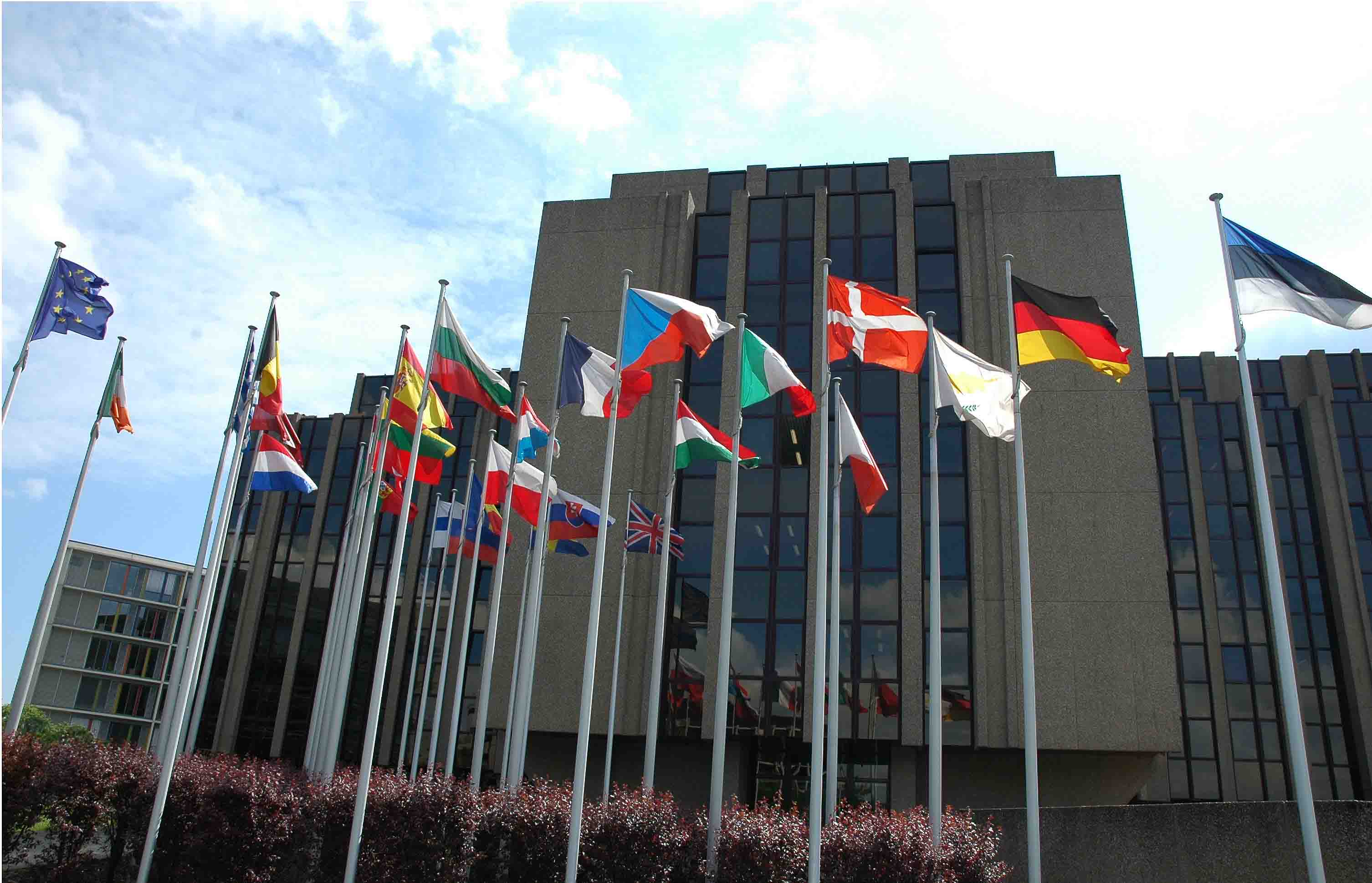Following latest findings that European Union’s (EU’s) customs controls are not being applied effectively, as importers take advantage of loopholes to reduce or evade their duty liabilities, authorities in the union are set to introduce new fiscal measures targeted at minimizing tax frauds in the member-countries, BRTnew.ng reports.
In a recent audit, European Court of Auditors investigated whether the European Commission and EU member states had designed robust controls on imports. They visited the customs authorities of Spain, Italy, Poland, Romania, and the UK.
At the end of the exercise, the auditors concluded that importers can deliberately reduce or evade customs duty liability in different ways including, undervaluing their goods, declaring a false country of origin, or shifting to a product classification with a lower duty rate. This is even as they noted that the real origin of goods can be disguised via fraudulent shipment in a country where the goods are stored temporarily and then sent to the EU with fake documents.
A news report sourced from Tax-News.com yesterday also indicated that the auditors also found that there was an insufficient financial incentive for EU member states to apply customs controls and that, among those who do, there is a lack of success in recovering revenue losses.
In addition, the auditors found that several courier companies were abusing the duty exemption for low-value goods, and that a lack of checks was leading to underpayment of tax on goods purchased online from outside the EU.
To address the fiscal challenge, the auditors recommended that the European Commission should produce periodic estimates of the customs gap from 2019, and use them to set customs controls targets; and strengthen support for national customs services, including a review of collection costs.
The European Court of Auditors also proposed that the next EU action programmes contribute financial sustainability to the customs European Information Systems; as well as be more precise in requests contained in Mutual Assistance communications; and proposed amendments to customs legislation to make the indication of consignors compulsory.
For the EU member-states, the auditors recommended that they should make overrides of controls suggested by a particular risk filter conditional on prior or immediate hierarchical approval; introduce checks in their electronic clearance systems to block import declarations applying for duty relief on goods with a declared value above EUR150 or for commercial consignments declared as gifts; and set up investigation plans to tackle abuse of this relief on e-commerce goods trade with non-EU countries.






